Hiện tại hoàn thành và Quá khứ hoàn thành là hai chủ điểm ngữ pháp quan trọng mà bất kỳ ai học tiếng Anh đều sẽ gặp qua. Vậy sự khác nhau giữa hai thì này là gì? Hãy cùng Vietop phân biệt thì hiện tại hoàn thành và quá khứ hoàn thành nhé!
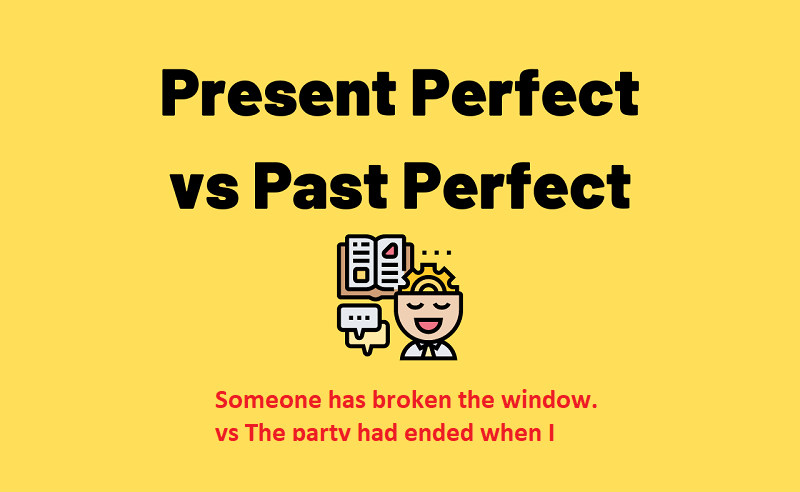
Phân biệt cấu trúc thì Hiện tại hoàn thành và Quá khứ hoàn thành
| Cấu trúc | Hiện tại hoàn thành (Present Perfect Tense) | Quá khứ hoàn thành (Past Perfect Tense) |
| Khẳng định | S + have / has + V(p2) E.g: My mom has worked as a teacher for 10 years.(Mẹ tôi đã làm nghề giáo viên trong 10 năm.) | S + had + V(p2) E.g: My mom had gone out for a walk when I came home.(Mẹ tôi đã ra ngoài đi dạo khi tôi trở về nhà.) |
| Phủ định | S + have / has + not + V(p2) E.g: My mom has not worked as a teacher for 3 years. (Mẹ tôi không còn làm nghề giáo viên được 3 năm rồi.) | S + had + not + V(p2) E.g: My mother had not come home when I went back.(Mẹ tôi vẫn chưa về nhà khi tôi quay lại.) |
| Nghi vấn | Have/ Has + S + V(p2)? E.g: Has your mom worked as a teacher for 10 years?(Mẹ của bạn đã làm nghề giáo viên được 10 năm rồi phải không?) | Had + S + V(p2)? E.g: Had your mom come home when you went back?(Khi bạn quay lại mẹ bạn đã về nhà chưa?) |
Xem thêm: Bài tập trắc nghiệm Thì hiện tại hoàn thành từ cơ bản đến nâng cao
Phân biệt cách dùng thì Hiện tại hoàn thành và Quá khứ hoàn thành
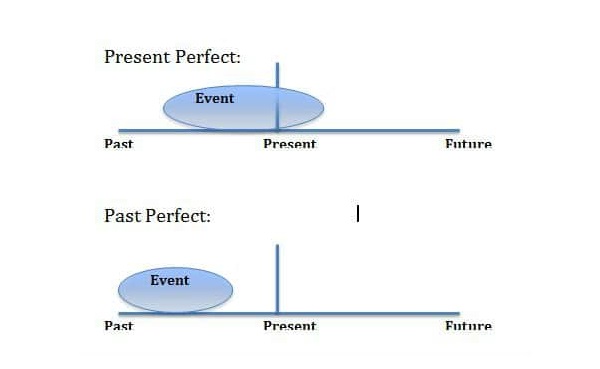
| Cách dùng | Hiện tại hoàn thành (Present Perfect Tense) | Quá khứ hoàn thành(Past Perfect Tense) |
| Diễn tả một hành động đã xảy ra ở quá khứ nhưng không biết chính xác thời điểm xảy ra. E.g: Someone has broken the window. (Ai đó đã làm vỡ cửa sổ.) | Dùng để diễn tả các hành động đã xảy ra và kết thúc trước một thời điểm hoặc hành động nào đó trong quá khứ. E.g: The party had ended when I came. (Bữa tiệc đã kết thúc khi tôi đến nơi.) |
*Lưu ý: Những cách dùng khác của Thì hiện tại hoàn thành
Diễn tả một hành động đã xảy ra ở quá khứ nhưng còn kéo dài đến hiện tại và có khả năng tiếp tục trong tương lai.
E.g: I have known my best friend Liz for 7 years. (Tôi quen bạn thân của tôi Liz 7 năm rồi.)
Đề cập một hành động xảy ra nhiều lần mang tính lặp lại cho đến hiện tại.
E.g: She has read this book several times. (Cô ấy đọc cuốn sách này nhiều lần rồi.)
Thể hiện kinh nghiệm, trải nghiệm của một cá nhân.
E.g: This is the first time I have been to Paris. (Đây là lần đầu tiên tôi được đến Paris.)
Diễn tả các hành động bắt đầu và kết thúc trong quá khứ nhưng hậu quả và ảnh hưởng có liên quan đến hiện tại.
E.g: E.g: I have lost my keys. I don’t know how to get into my house.
(Tôi đã làm mất chìa khóa. Tôi không biết làm thế nào để vào nhà.)
Việc nắm vững và phân biệt chính xác thì hiện tại hoàn thành và quá khứ hoàn thành không chỉ giúp bạn viết câu chính xác mà còn là nền tảng quan trọng trong các phần đọc hiểu và viết của bài thi.
👉 Nếu bạn đang chuẩn bị cho kỳ thi Cambridge, hãy tham khảo lộ trình luyện thi KET PET tại Vietop để biết cách áp dụng ngữ pháp hiệu quả trong từng dạng bài.
Tham khảo:
Phân biệt dấu hiệu nhận biết thì Hiện tại hoàn thành và Quá khứ hoàn thành
| Hiện tại hoàn thành (Present Perfect Tense) | Quá khứ hoàn thành (Past Perfect Tense) |
| Just: mới Already: rồi Recently = Lately: Gần đây Since + mốc thời gian: Từ khi… For + khoảng thời gian: trong… Ever: từng Never…before: chưa từng…trước đây So far = Until now = Up to now = Up to the present: cho đến bây giờ Cấu trúc so sánh hơn nhất: the + Adj-est/the + most + Adj. | Before (trước khi): Mệnh đề có từ “before” dùng thì quá khứ đơn, mệnh đề còn lại dùng thì quá khứ hoàn thành. E.g: Before I came home, my mother had cooked dinner. (Trước khi tôi về nhà, mẹ tôi đã nấu bữa tối.) By the time (ngay khi): Mệnh đề chứa “by the time” dùng thì quá khứ đơn, mệnh đề còn lại sẽ được dùng thì quá khứ hoàn thành. E.g: By the time she came, he had gone out. (Ngay khi cô ấy đến thì anh ấy ra ngoài.) After: Mệnh đề có “after dùng thì quá khứ hoàn thành và mệnh đề còn lại dùng thì quá khứ đơn. E.g: After she had come home, she did her homework. (Sau khi cô ấy về nhà, cô ấy làm bài tập.) By + trạng từ quá khứ E.g: By the end of this year, he had worked as a doctor for 20 years. (Vào cuối năm nay thì anh ấy đã làm bác sĩ được 20 năm rồi.) |
Xem thêm:
Bài tập về thì Hiện hoàn thành và Quá khứ hoàn thành
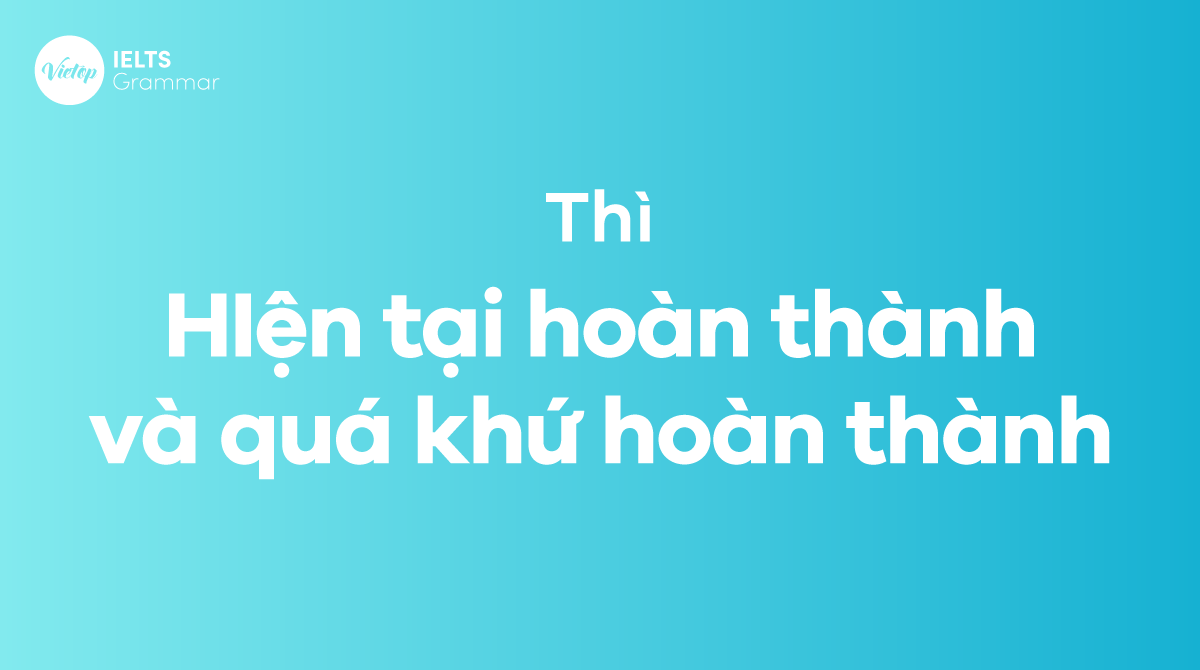
Bài 1: Using the words in parentheses, complete the text below with the appropriate tenses
- When I (arrive) home last night, I discovered that my boyfriend (prepare) a gorgeous candlelight dinner.
- By the time I (get) to the office, the meeting (already/begin) without me.
- She (not be) to my city yet.
- Peter (live) in Japan for 2 years.
- When I went to the parking area, I found that someone (steal) my motorbike.
- She can’t come in because she (forget) her membership card.
- (You/see) the cartoon “Tom and Jerry”?
- They (drink) a lot of wine by the time the party ended.
- They wouldn’t let him in because he (forget) his membership card.
- (They/clean) their room yet?
Bài 2: Choose the correct answer
- There was no sign of a taxi although I (have called/had called) it an hour and a half before.
- I was really exhausted last night. I (have had/had had) a hard day.
- It isn’t raining now. It (has stopped/had stopped).
- It’ll get warmer here. I (have turned/had turned) the heating on.
- You can have that novel. I (have read/had read) it.
- There’s no more milk. We (have drunk/had drunk) it all.
- We had no bread at that time. We (have eaten/had eaten) all.
- Do you want to see this film? It (has been published/had been published).
- This math question isn’t right. He (has made/had made) a mistake.
- The avenue looked awful. People (have thrown/had thrown) litter everywhere.
Bài 3: Underline and correct the mistakes in these sentences. Write “True” if the sentence is right
- Josh has visited me the day before you called.
- Her burn had healed almost completely. She can go to school again from tomorrow.
- Did you hear that David was fired last month even though he had worked hard for 2 years?
- She has lost her wallet. She cannot find it.
- Before my trip to Vietnam two years ago, I have never been to Vietnam.
- We need more time because he had just finished his report.
- You look exhausted. How long had you run?
- Anya has climbed Mount Everest. She is such an adventurous person.
- Johnny had climbed Mount Everest by the time he was 27 years old.
- He has drunk too much wine before his wife came.
Bài 4: Rewrite sentences using words given
- I / finish / homework / so / I / be / ready / go / now.
- My mother / be / furious / by the time / dog / eat the meat.
- Mike / attend / Chinese class / for the last 3 years.
- How many pages / she / write / so far?
- Before / David / paint / the house / his father / repair / its roof.
- Maria / never / work / as a secretary / before.
- David / forget / his appointment / so/ his boss was very angry.
- She / revise / a lot / so / she must be ready for the exam.
Xem thêm:
Đáp án
Bài 1: Using the words in parentheses, complete the text below with the appropriate tenses
- arrived – had prepared
- got – had already begun
- hasn’t been
- has lived
- had stolen
- has forgotten
- Have seen you seen
- had drunk
- had forgotten
- Have they cleaned
Bài 2: Choose the correct answer
- had called
- had had
- has stopped
- have turned
- have read
- have drunk
- had eaten
- has been published
- has made
- had thrown
Bài 3: Underline and correct the mistakes in these sentences. Write “True” if the sentence is right
- has visited -> had visited
- had healed -> has healed
- True
- True
- have never been -> had never been
- need -> needed
- had you run -> have you run
- True
- True
- has drunk -> had drunk
Bài 4: Rewrite sentences using words given
- I have finished my homework, so I’m ready to go now.
- My mother was furious by the time the dog had eaten the meat.
- Mike had attended Chinese class for the last 3 years.
- How many pages has she written so far?
- Before David painted the house, his father had repaired its roof.
- Maria has never worked as a secretary before.
- David had forgotten his appointment, so his boss was very angry.
- She has revised a lot, so she must be ready for the exam.
Hy vọng rằng qua bài viết này Vietop English đã giúp bạn phân biệt rõ ràng hơn thì Hiện tại hoàn thành và thì Quá khứ hoàn thành. Chúc bạn chinh phục thành công môn tiếng Anh!

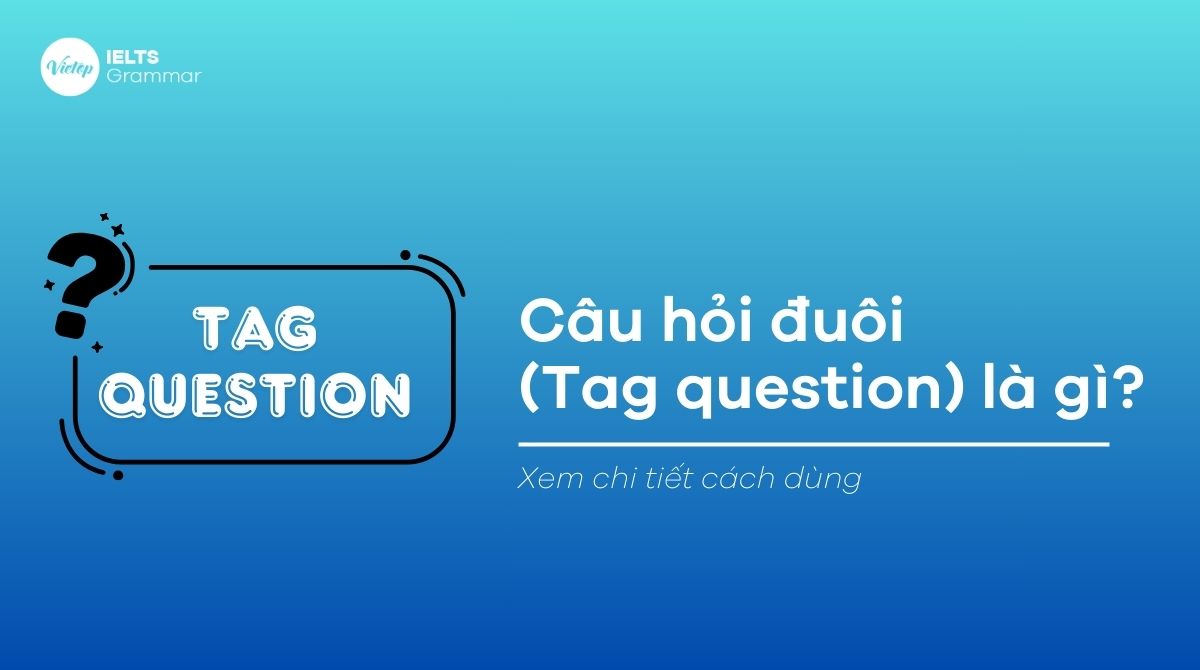
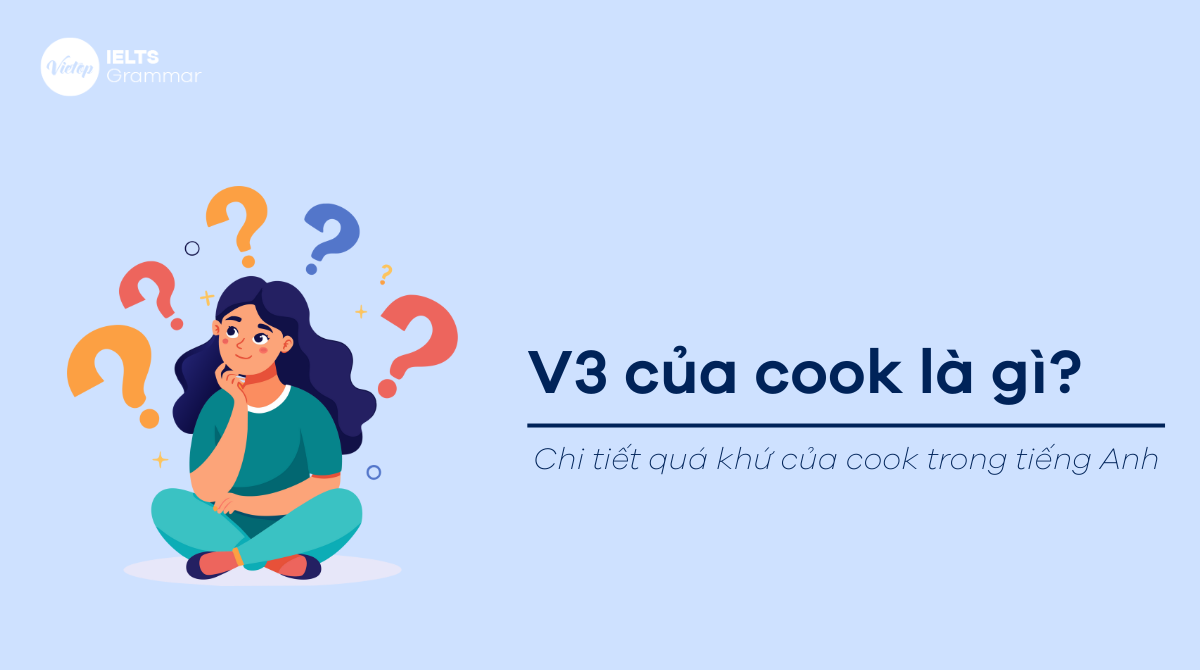
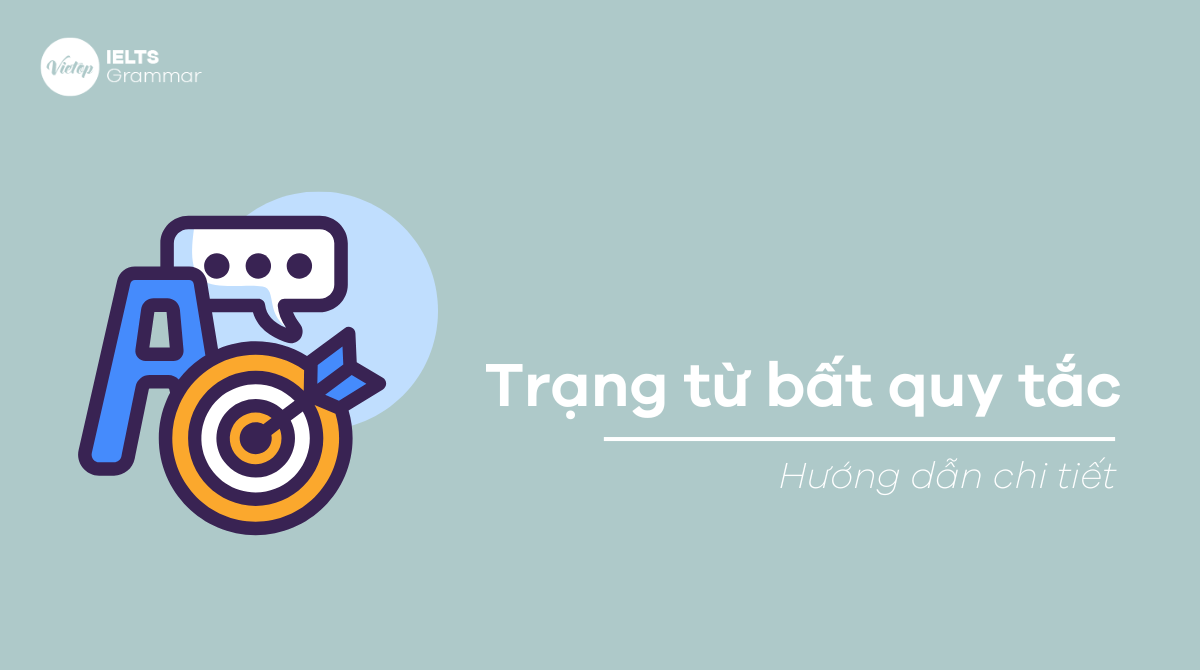


![[Mới nhất] Cập nhật bảng tổng hợp quy đổi điểm IELTS sang điểm xét tuyển đại học khu vực phía Nam 2025](https://vietop.edu.vn/wp-content/uploads/2025/12/thumbnail-cap-nhat-bang-quy-doi-diem-ielts.jpg)


